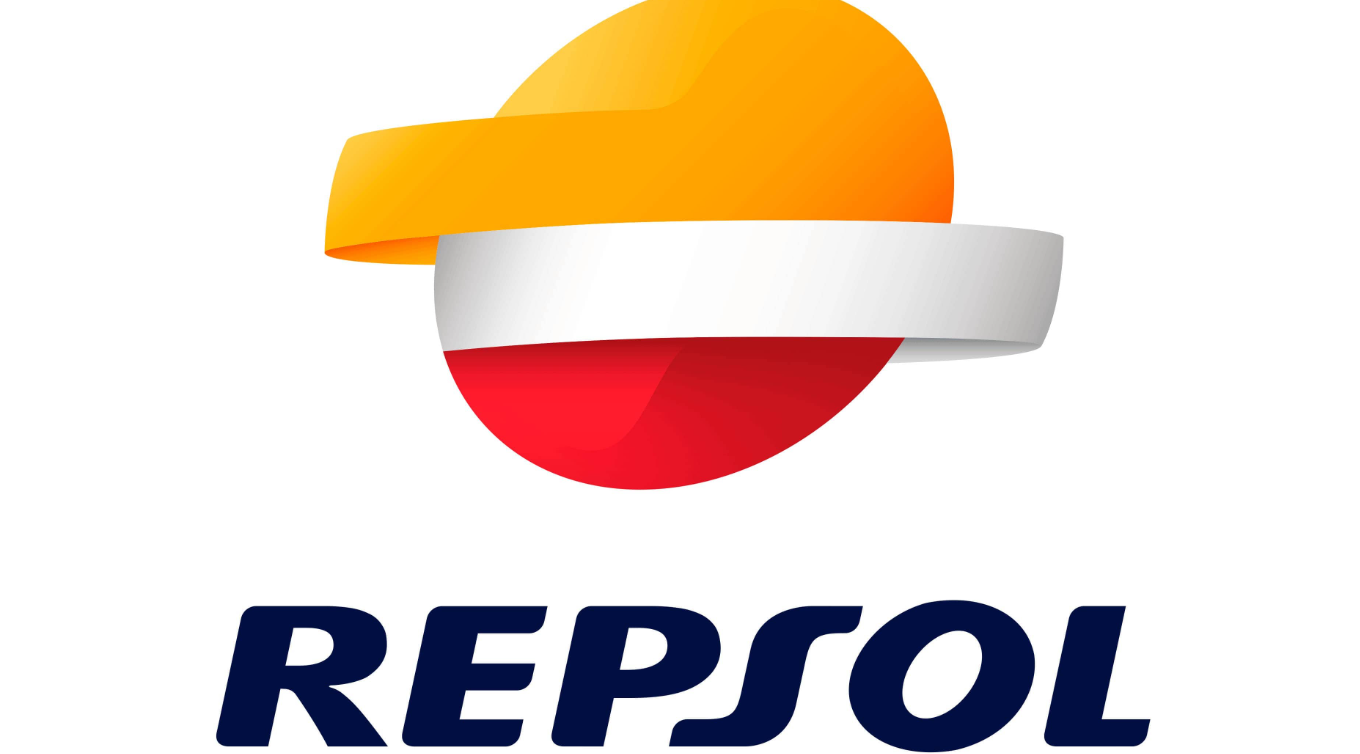Repsol, a multi-energy company known for its innovative approach, is diving into the world of quantum technologies to enhance its operations.
“Quantum computing was something to take into care,” said Javier Hernanz, a member of Repsol’s Quantum Advisory Team at the HPC Knowledge Portal. It was here that Hernanz discussed how Repsol is integrating quantum technologies to tackle industrial challenges, particularly through the QCDI (Quantum Cognitive Digital Industry) project.
Repsol has been utilizing high-performance computing (HPC) for many years.
“We’ve been using HPC for years,” Hernanz explained. The company operates its own HPC systems in Madrid and Houston, which have been crucial in solving complex problems. However, Repsol recognizes that current systems have limitations. “Our scientists and our people were trying to look for the use cases we were not covering,” Hernanz noted, indicating the ongoing search for more advanced solutions.

In 2018, Repsol began experimenting with HPC systems in the cloud. This shift led them to quantum computing.
“In 2019, we created an internal group, the quantum advisory team,” Hernanz recalled. This team, comprising experts from various disciplines, is focused on exploring how quantum technologies can complement and enhance traditional HPC systems.
The QCDI project is a key initiative in this exploration.
Hernanz explained that the project understands the offerings of quantum computing and its integration with HPC. The QCDI project aims to implement quantum technologies in data acquisition, enhancement, and utilization, focusing on creating digital twins for industrial applications. The project emphasizes the use of quantum computing for sustainable energy and other strategic markets.
Repsol’s approach to quantum computing is practical and forward-looking.
“We are an industrial company, not technology developers,” Hernanz clarified. The company focuses on solving real industrial problems using the best available technologies. In the QCDI project, Repsol is particularly interested in the potential of quantum communications, cryptography, and post-quantum cryptography to improve data security and processing efficiency.
One significant application of quantum technology in Repsol is in their Internet of Things (IoT) platform, Elliot.
“We try to improve Elliot using quantum technologies and external data mining,” Hernanz said. The goal is to process data in real-time at the edge, enhancing data quality and operational efficiency.
Repsol’s commitment to integrating quantum solutions is evident in their methodical approach.
“We are trying to solve industrial problems in the best way, taking into account the price, availability and how everything solves our problems,” Hernanz stated. This pragmatic view drives their efforts to combine quantum computing with existing HPC systems, ensuring they are prepared for the future advancements in technology.
The journey towards fully leveraging quantum computing is ongoing, but Repsol is laying a strong foundation. As Hernanz put it: “We are increasing the maturity on quantum technologies of Repsol to be ready when the technology becomes available to run different use cases.”
With projects like QCDI, Repsol is poised to remain at the forefront of technological innovation in the energy sector.
















